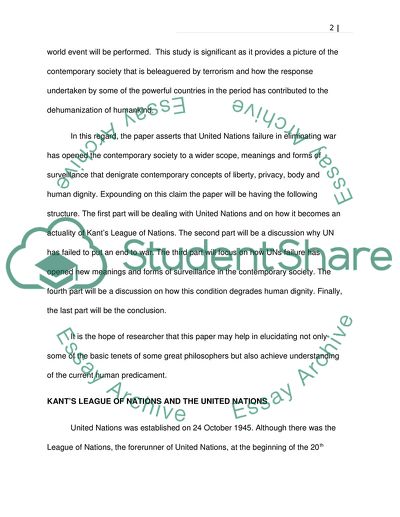Cite this document
(Kants Concept of Perpetual Peace In Reality of United Nations Research Paper, n.d.)
Kants Concept of Perpetual Peace In Reality of United Nations Research Paper. Retrieved from https://studentshare.org/philosophy/1746351-philosophy
Kants Concept of Perpetual Peace In Reality of United Nations Research Paper. Retrieved from https://studentshare.org/philosophy/1746351-philosophy
(Kants Concept of Perpetual Peace In Reality of United Nations Research Paper)
Kants Concept of Perpetual Peace In Reality of United Nations Research Paper. https://studentshare.org/philosophy/1746351-philosophy.
Kants Concept of Perpetual Peace In Reality of United Nations Research Paper. https://studentshare.org/philosophy/1746351-philosophy.
“Kants Concept of Perpetual Peace In Reality of United Nations Research Paper”, n.d. https://studentshare.org/philosophy/1746351-philosophy.


